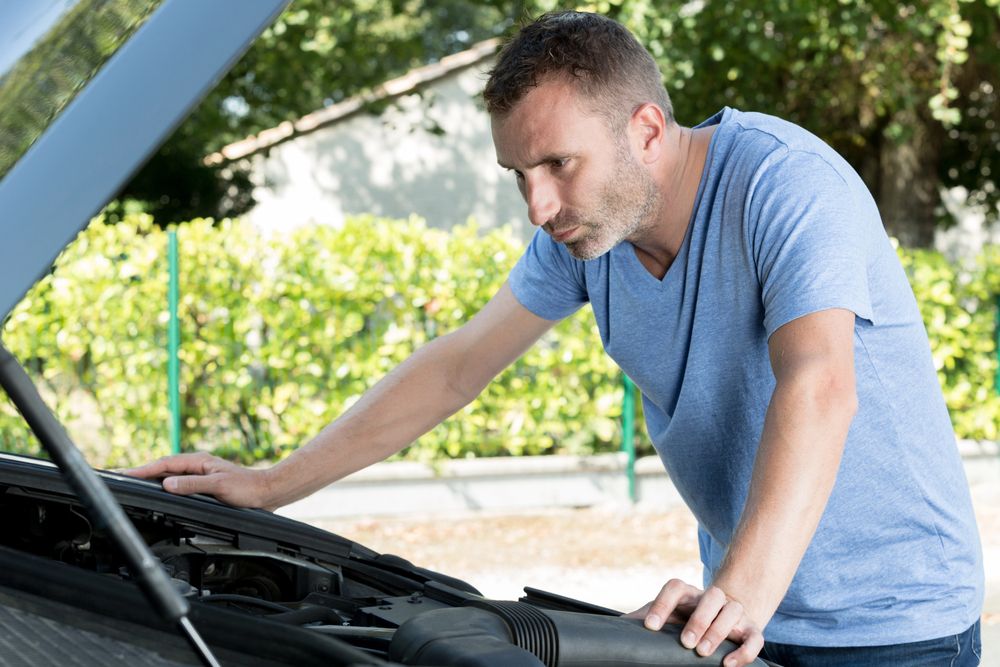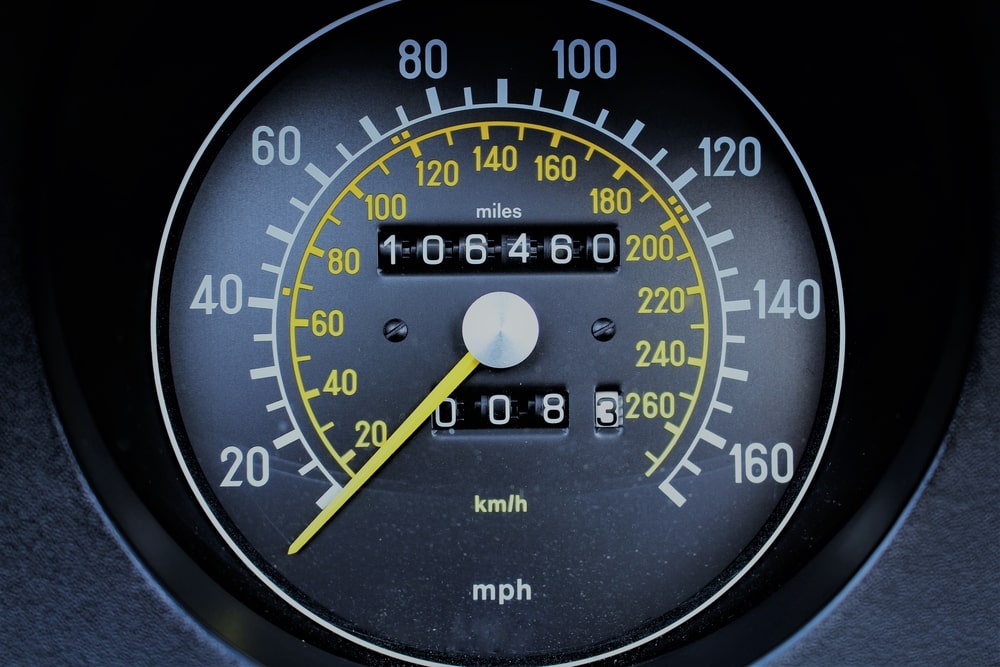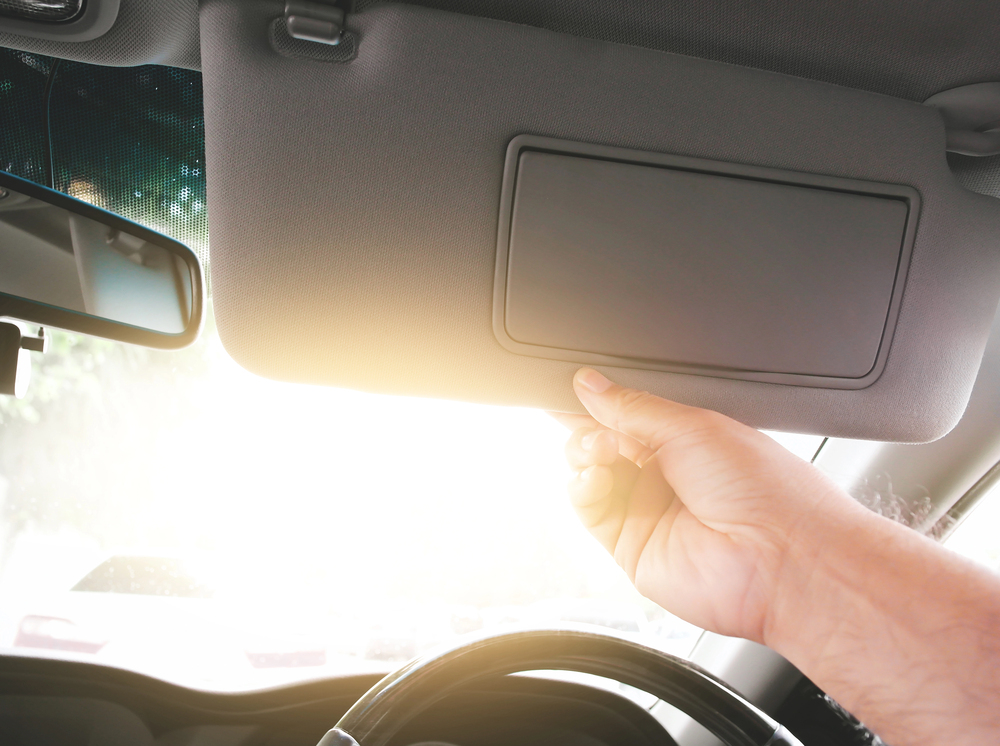Top 5 Red Flags to Watch for in Instant VIN Checks and Vehicle History Reports
Artak Sahakyan
Created by: Aug 04, 2025
|
Modified by: Nov 07, 2025

Buying a used car can sometimes feel like starting a new relationship. At first glance, everything might appear perfect—the shine, the style, the feeling behind the wheel. But the truth often lives beneath the surface. That’s why it makes sense to check a vehicle’s past with an instant VIN search and a detailed vehicle history report before making a commitment.
According to a statistic, more than 38 million used light vehicles were sold in the U.S. in a year. With so many transactions, it’s no surprise that a single poor choice can turn a good bargain into a costly mistake. The most careful buyers don’t just rely on a quick test drive; they take time to review the full story hidden in the paperwork.
Just doing some basic research is not enough. Reading the vehicle history report closely and knowing which details signal trouble is what makes the difference. Below are five of the most serious red flags that should give you reason to reconsider, even if the price seems right.
Salvage or Rebuilt Title History
If you see a salvage or rebuilt title, take it seriously. It means that at some point an insurance company decided the car was damaged so badly that fixing it wasn’t worth the cost.
A few rebuilt vehicles are restored to high standards, but many are repaired just enough to pass inspection. The cars in this category can have structural weaknesses that may fail in another accident.
Multiple Accidents or Severe Damage
A single small accident might not be a major concern. Several incidents, especially serious ones, are another matter. A good VIN report shows both the number of accidents and their severity. Mentions of airbag deployment usually point to a significant collision. Even repairs that look flawless from the outside may hide structural problems.
Flood, Fire, or Natural Disaster Damage
Flood-damaged cars are well-known troublemakers in the used market. According to the U.S. National Highway Traffic Safety Administration (NHTSA), after a vehicle is damaged by floodwaters, it may be sold far away from where the flooding occurred.
Water damage can remain invisible at first. Months later, you might face malfunctioning electronics, rust inside wiring, failing sensors, or unstable computer systems - all of which are expensive to repair.
Fire damage brings its own risks: extreme heat can weaken the vehicle’s structure, bend components out of shape, and damage hidden safety systems. Even a car that appears fine after a fire may develop serious issues later.
If a vehicle history report shows flood, fire, or disaster damage, it’s usually better to look for another option.
Odometer Rollbacks and Mileage Concerns
Odometer fraud might sound like a problem from decades ago, but it’s still widespread - about 450,000 cases each year in the U.S., according to the NHTSA.
A proper Instant VIN check compares mileage across service visits, inspections, DMV records, and insurance files. Watch for:
- Mileage that decreases between reports
- Numbers unusually low for the car’s age
- Service logs that don’t match the odometer
- Visible wear that doesn’t match the mileage claim
Mileage affects the vehicle’s value, remaining lifespan, and warranty eligibility. If the numbers don’t make sense, you’re paying more for less.
Title Washing and Ownership Issues
Title washing happens when a vehicle is moved between states to hide its bad history. Differences in reporting laws allow certain records to disappear in the process.
Possible warning signs include:
- Rapid title changes across different states,
- Gaps in registration records,
- Conflicting title details in different reports,
- Several owners over a short time.
It’s also important to check for outstanding loans. If a lien is still active, the lender may legally repossess the car even after you buy it.
Making the Right Decision
Trusted sources like CarValid.com can uncover these risks. Knowing these five warning signs gives you a clear advantage. With so many vehicles for sale, you don’t need to take unnecessary risks. Do your research, run the instant VIN check, get the inspection, and you’ll be far more likely to enjoy a reliable car instead of dealing with costly surprises later.





